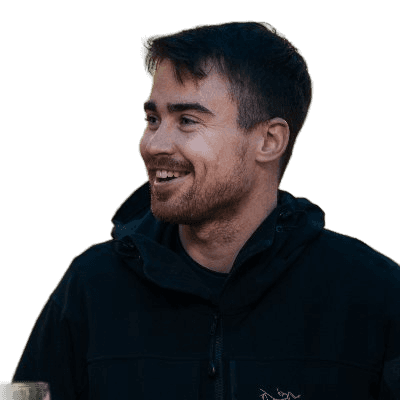Feb 1, 2024
What systems thinking looks like for designers
Creator of Dive
Product designer at Notion
Have you ever read a job description that lists “systems thinking” as a desired trait?
And you think “ya I check that box”… but there’s also this little part of you that wonders what they really mean?
Same.
But after chatting with Ryo Lu (an OG designer at Notion) I think I'm starting to get it 👇
🧠 Understanding systems thinking
You can think of most digital products as a collection of blocks... 🧱
If you solve each product problem in isolation then you’ll end up creating a new feature/block for each solution.
The best designers dig deep to understand root-level issues instead of solving each new problem as it sprouts (tip: use the 5 whys).
That's what allows systems thinkers to see the entire set of blocks as well as anticipate future product needs.
From that vantage point, success isn’t just solving all of the problems...
It’s figuring out the broader product puzzle using the least number of unique blocks.
This is what systems thinking looks like 👇
Zooming out to consider the full system is how you preserve simplicity as your feature surface area grows.
I used to associate systems thinking with design systems, but components are only one strategy you can use...
The real focus is on the higher-level mental models that you are helping users establish.
And that's why I'm so excited about this week's episode :)
It's the perfect breakdown of what it looks like to consider the broader system as a designer 👇
“It’s almost like there are two ways of designing…
— Ryo Lu, designer at Notion
🧱 Becoming a better systems thinker
This week we get to hear from Ryo Lu who is an OG designer at Notion 🙌
He gives an inside look at the Notion design process and a masterclass in systems thinking. We go deep into:
How design at Notion sources feedback on meaty problems
How Notion thinks about their design system
What Ryo is looking for in your portfolio
How Notion's block system creates a unique design process
What it looks like to operate outside the traditional “design” role
Listen on YouTube, Spotify, Apple, or wherever you get your podcasts 👇






